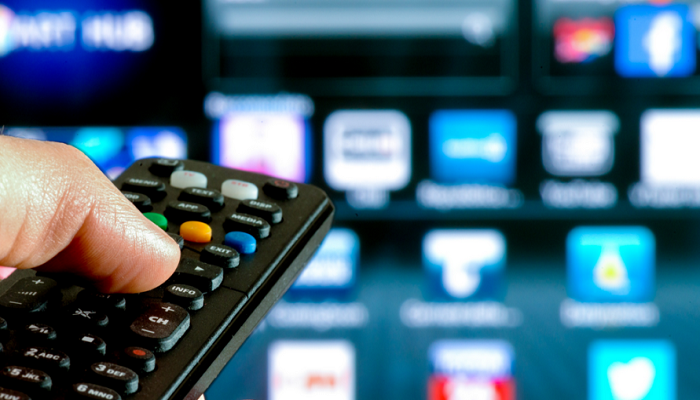Nigeria’s House of Representatives has acknowledged it will consider policies including pay-per-view, pay-as-you-go and other price reduction strategies for Cable TV operators in Nigeria.
The House of Reps disclosed this on Wednesday after its Ad–hoc Committee on Non–Implementation of Pay–As–You–Go and sudden Increment of Tariffs, chaired by Rep Unyime Idem submitted its report for recommendation, according to the News Agency of Nigeria.
The House Committee urged the FG to implement policies included in the National Broadcasting Code and the Nigeria information Policy of 2014, adding that its implementation would boost competition in the sector, citing Nigeria’s entertainment sector as a potential industry with limitless opportunities
What the committee highlighted:
- Visible absence of competitors in the industry was tacit approval of monopoly of the industry by the present operators.
- The House urged the timely application of government regulatory intervention measures already to improve the industry and meet the people’s calls for Pay-as-you-go, Pay-Per-View and price reduction.
- It also called for operations in the industry to be brought up to 21st-century standards regulatory oversight.
- The House added that it had the power to license and regulate the activities of service providers and also has the power to moderate in the protection of consumers.
- It acknowledged that unstable FX policies in Nigeria may also affect the costs of subscription and also the increment of VAT by 2.5 per cent in 2020.
- It revealed that Nigeria’s NigComSat under-utilised could be used for boosting local content through the cable as Nigeria youth unemployment issues could be solved by offering employment on pay-tv.
What you should know
Last year, Multichoice revealed that the Pay-As-You-Go (PAYG) billing model advocated by Nigerians is not technically and commercially feasible in addition to being impossible.
Chief Executive Officer of MultiChoice Nigeria, John Ugbe told lawmakers that satellite broadcasters, cannot offer pay television services because satellite broadcasting is a one-way system and does not enable broadcasters to determine when a subscriber is connected and/or watching or what channel is being viewed.









